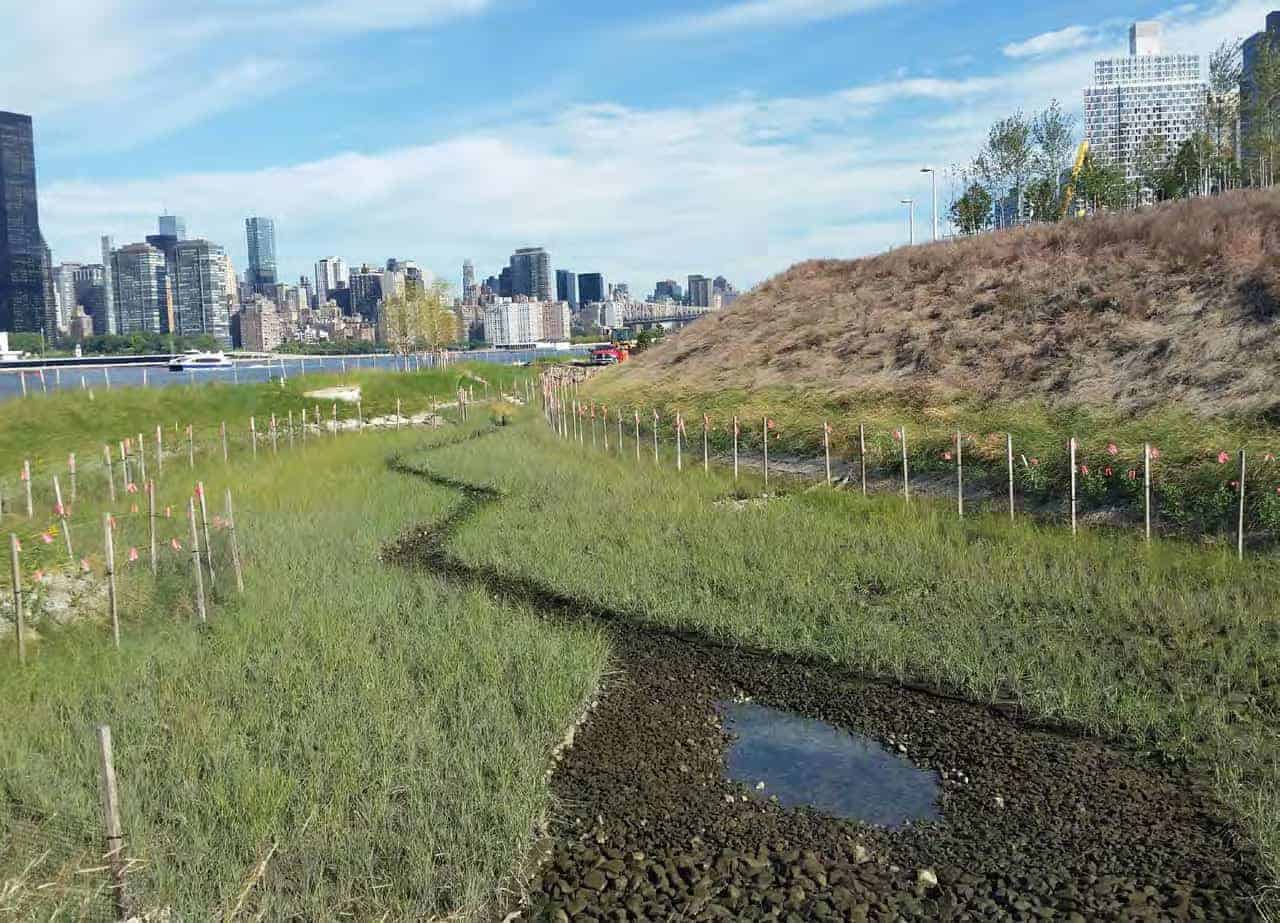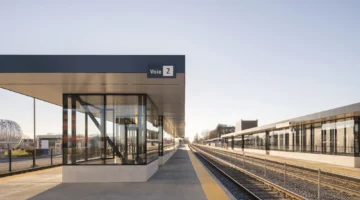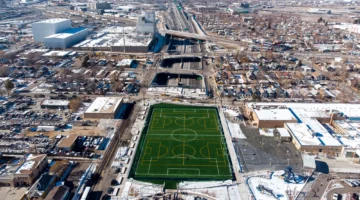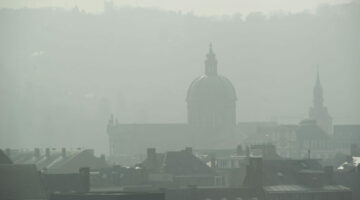"Resilience, in the most basic sense, is the ability to not only recover from shocks and stresses but to build back better. So it is safe to say that the Rockefeller-funded organization known as 100 Resilient Cities (100RC)—which was disbanded effective August 2019—turned out to be quite resilient. Formed in the wake of Superstorm Sandy in 2012, the 80-plus person, multimillion-dollar initiative spent five years building a coalition of cities to plan, develop, and implement strategies to address climate change and foster resilience in the U.S. and around the world. The organization’s early demise was an unexpected shock, and yet was not nearly as shocking as what came next: Within six months, the world would be engulfed in a 100-year pandemic. [...]"
"[...] But the new organization is not just hand-writing replicas of received wisdom. With a more nimble and flexible approach, RCC maintains its core mission to prepare for the era of climate change, but applies a few important lessons learned. “100RC focused on cities as the entry point,” says Berkowitz. “With Resilient Cities Catalyst, we intentionally built in the flexibility to scale it up and down.”[...]"
"The city-centric approach predominated in the early days of climate change thinking—especially in the U.S., where regional and federal-level planning is almost nonexistent. This fact naturally focused efforts where cities have an existing budget and can control the process, such as infrastructure and urban design projects. But as the movement matured, it became clear that resilience depends as much on social cohesion as the built environment. To that end, RCC is intentionally working at the neighborhood level, as well as the regional scale (more on that later).
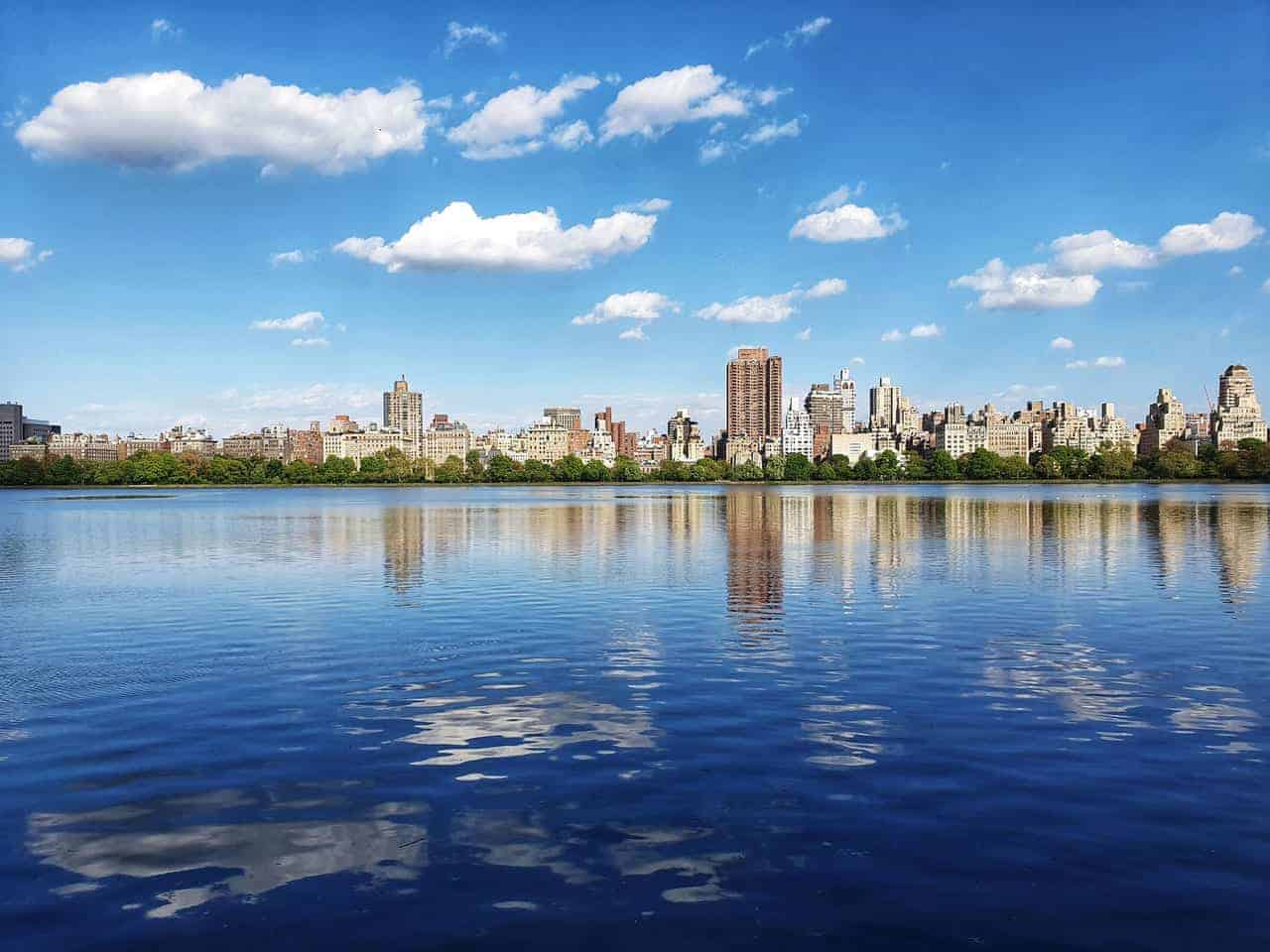
RCC founding principal Corinne LeTourneau’s work with the Brownsville Partnership in Brooklyn is instructive. This community-based advocacy organization undertakes a wide array of social sustainability initiatives but constantly bumps up against outdated programmatic and funding structures along the way to achieving its goals. One idea RCC is prototyping with the Brownsville Partnership is to reimagine nonprofits operating at the intersection of city government and local residents—such as Business Improvement Districts (BIDs) and Park Conservancies—by taking a data-driven approach to collaboration, engagement and perhaps more importantly, resource allocation. "
